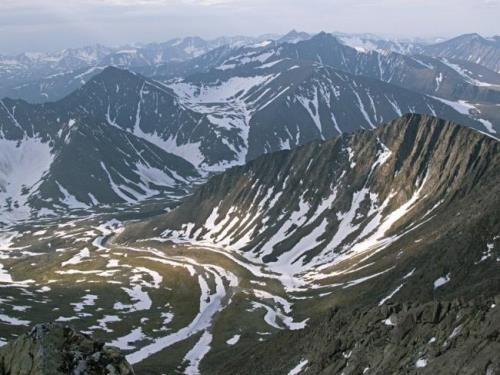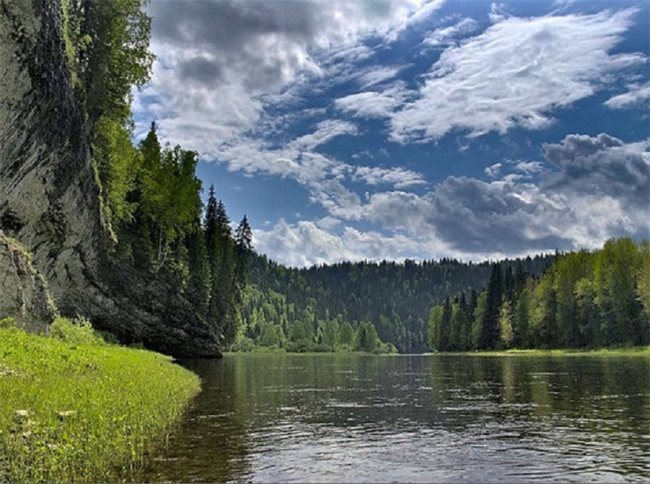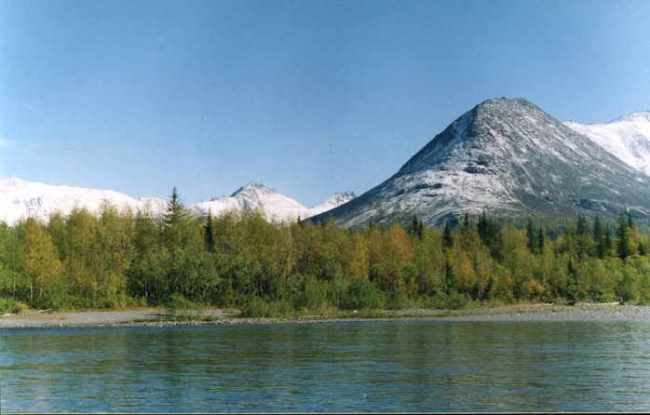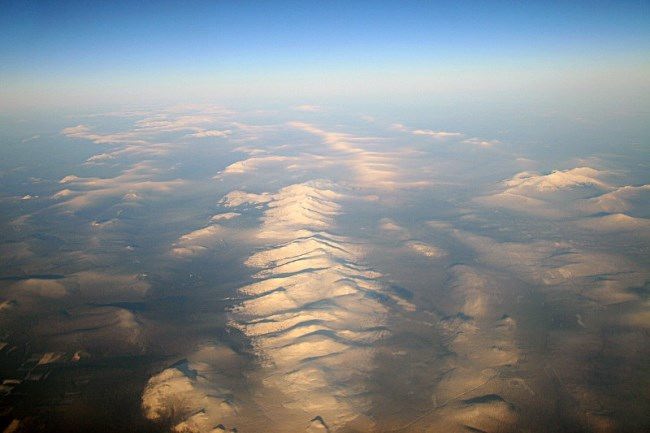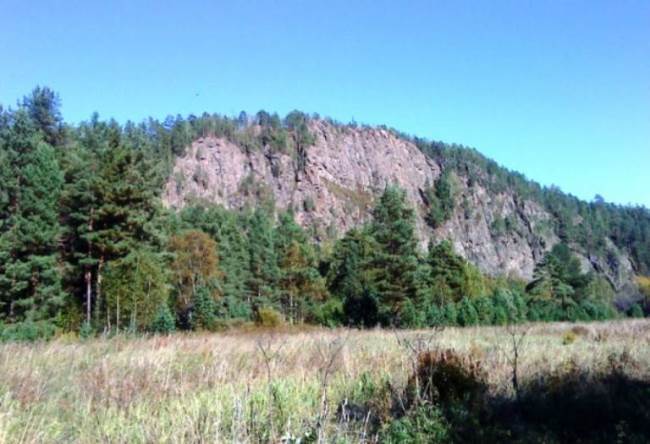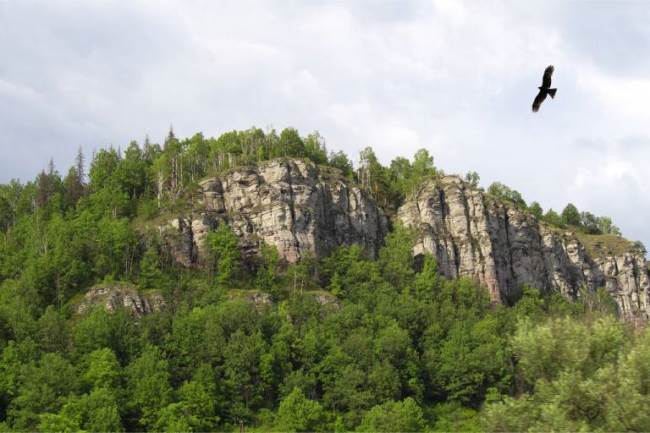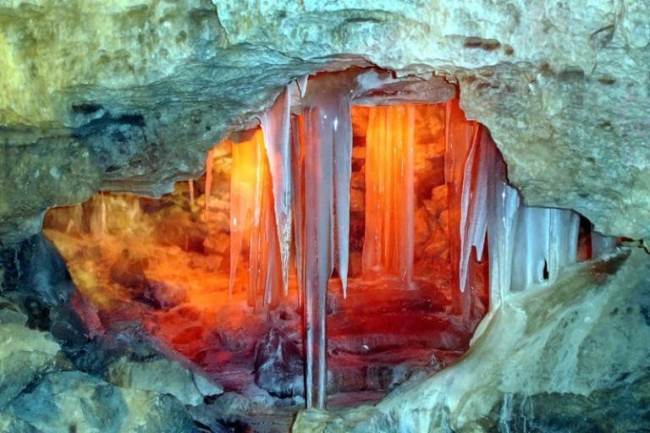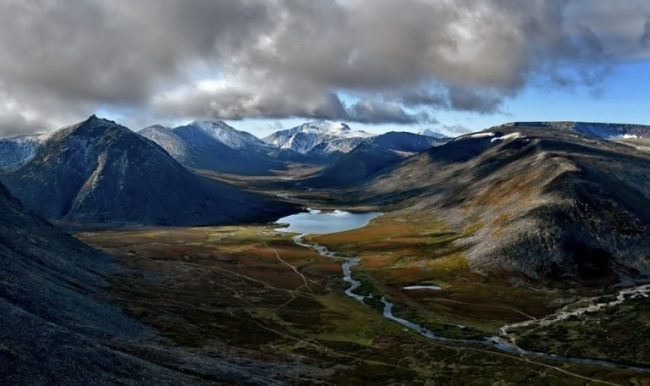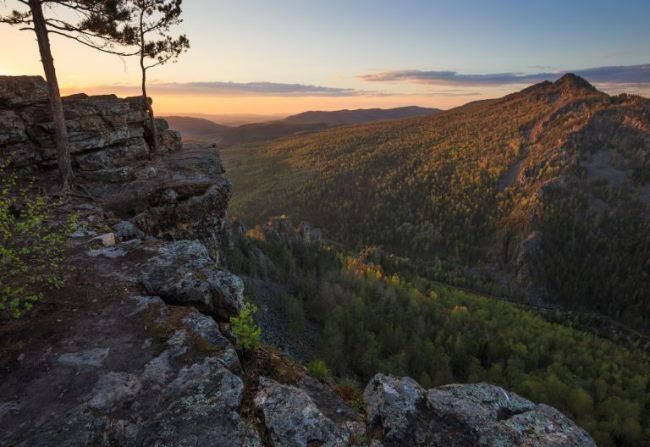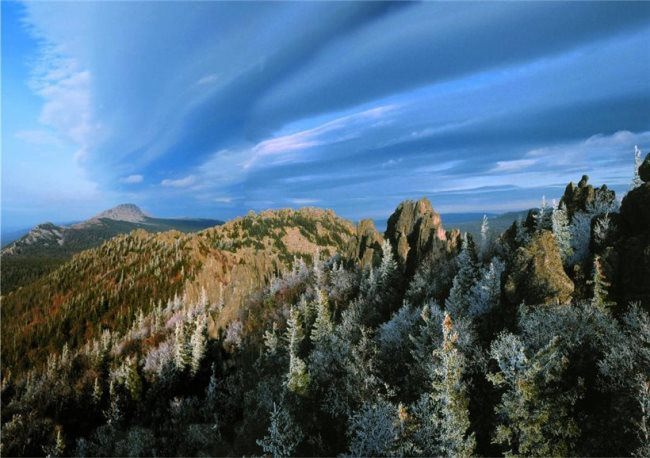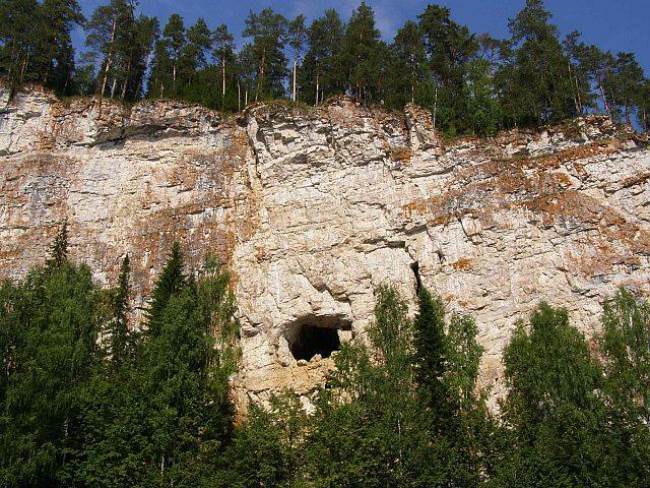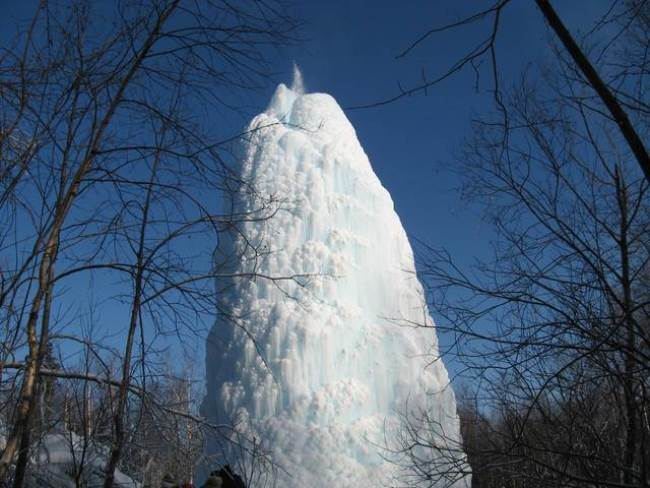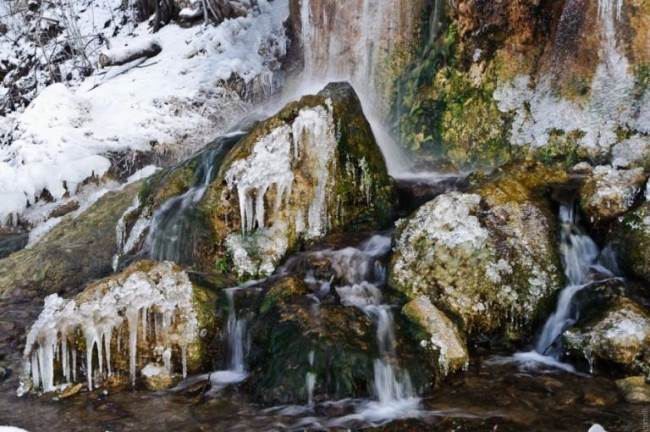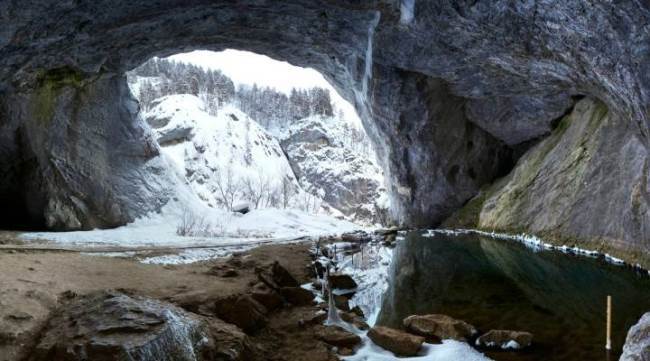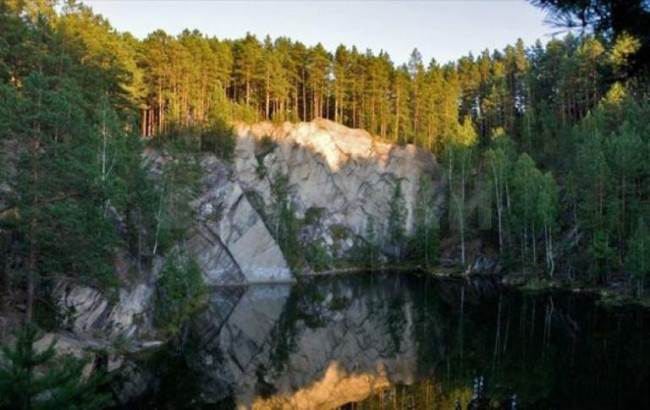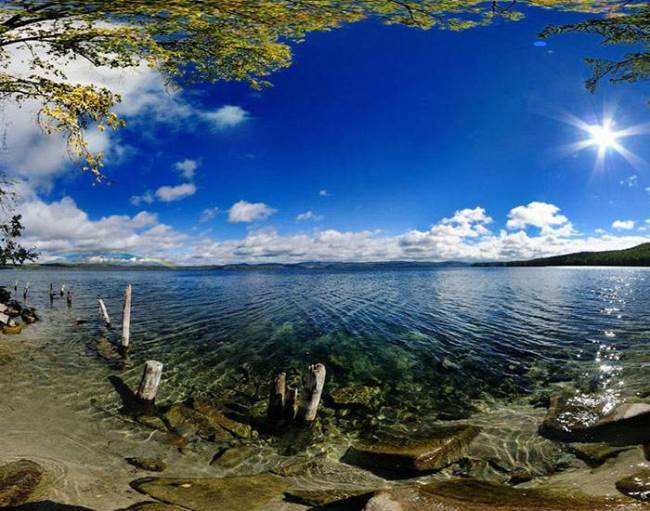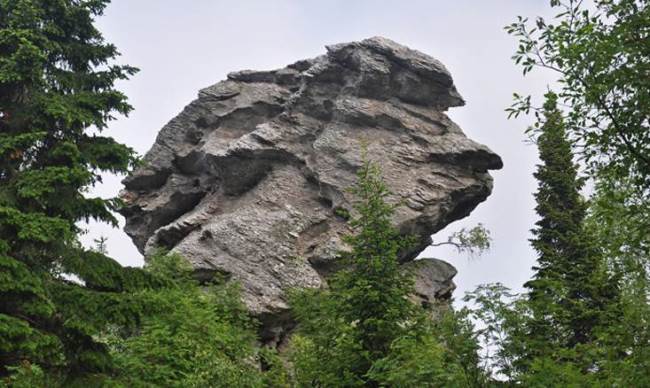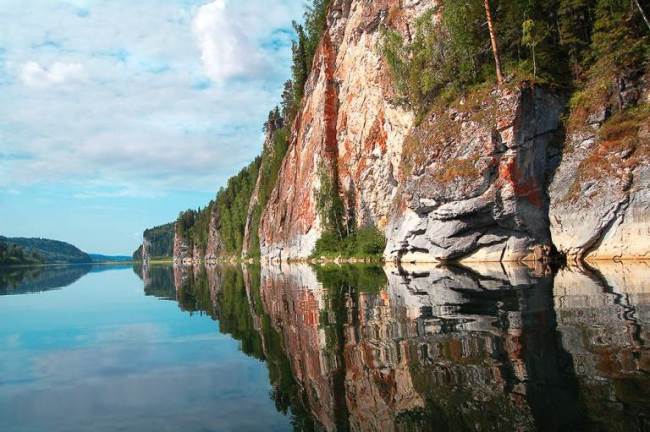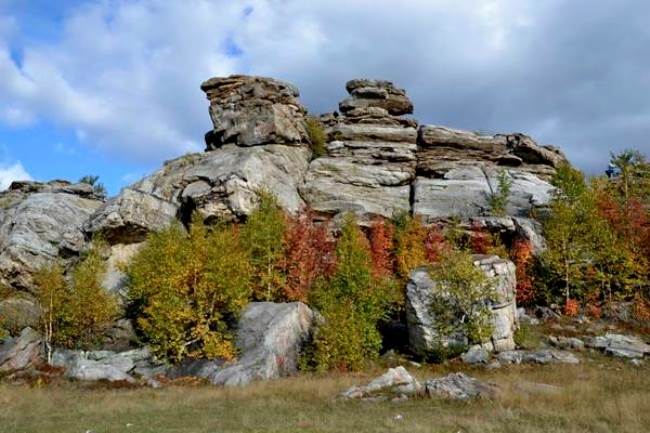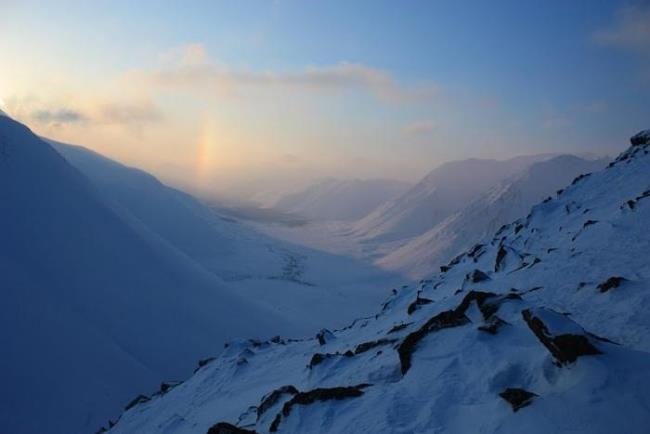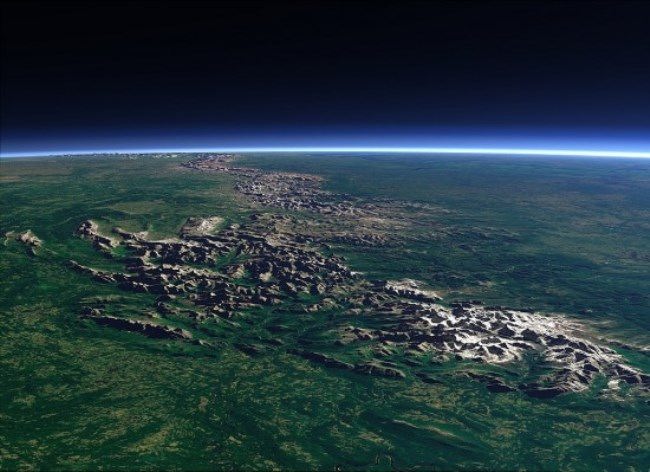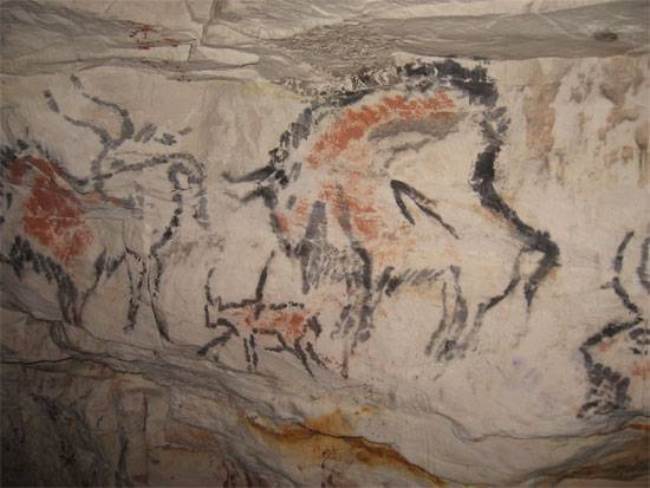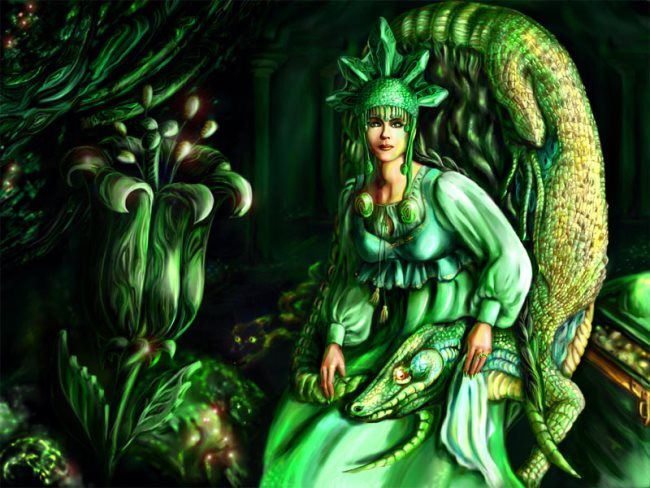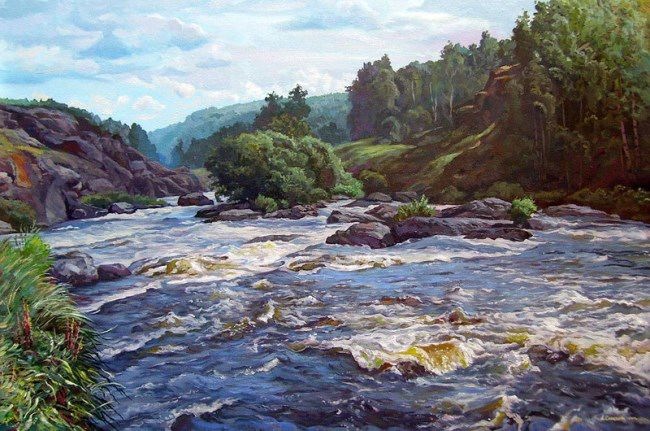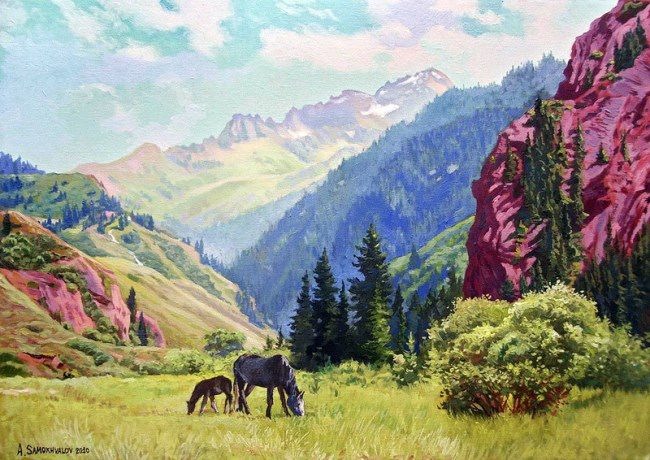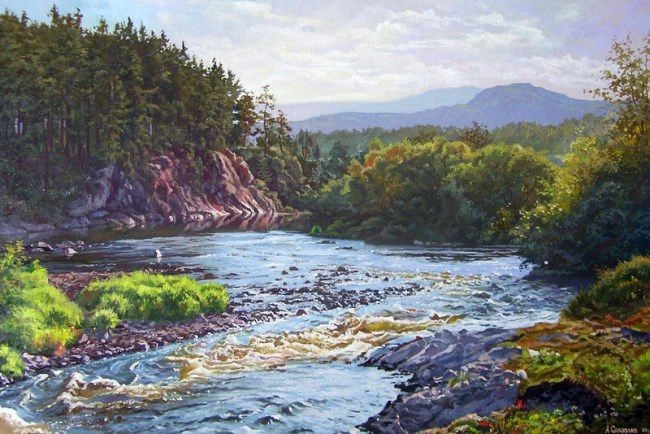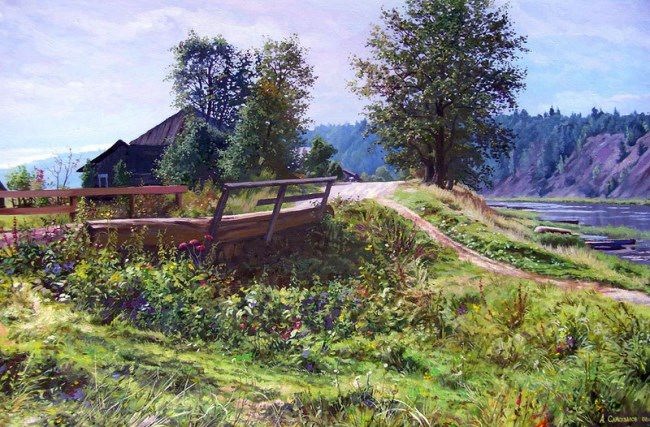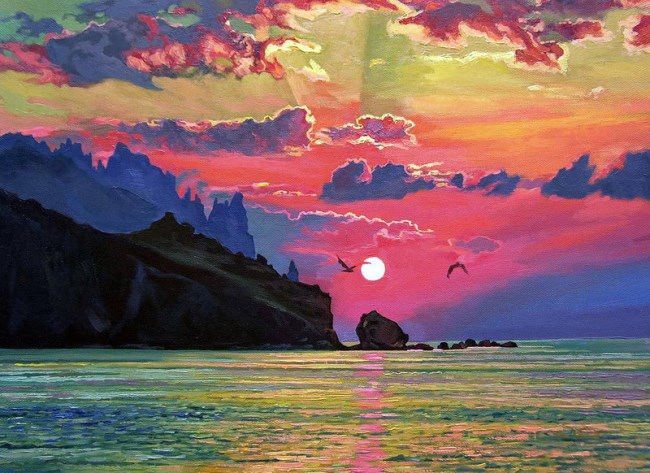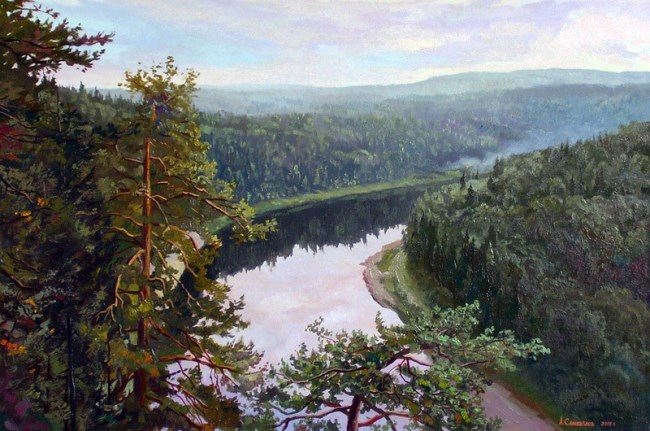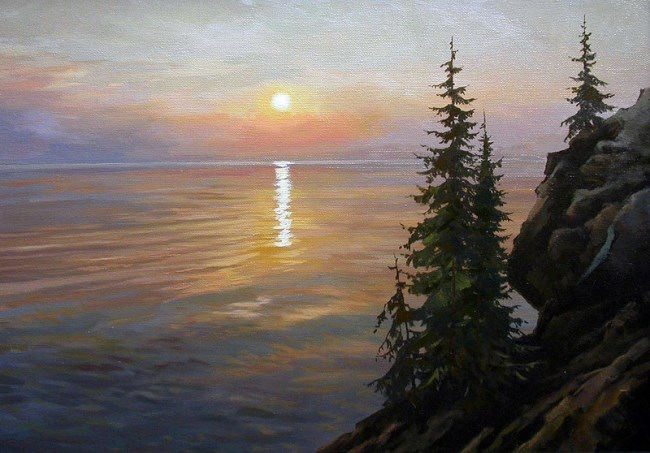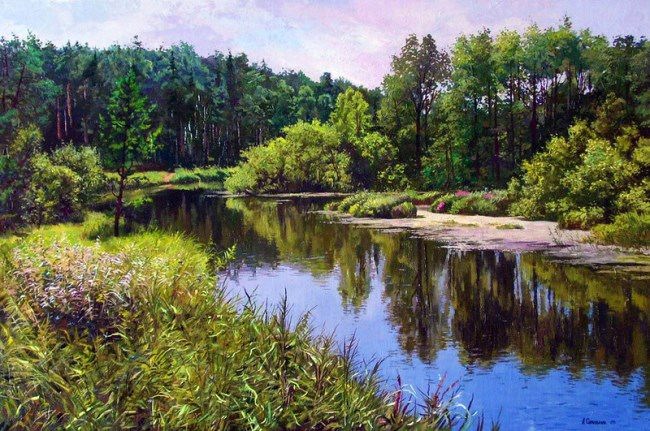Ural Mountains – Backbone of Russia
The Ural Mountains form a natural boundary between Europe and Asia, a boundary that links, rather than separates. Stretching from the icy Arctic Ocean in the north to the blast-furnace heat of semi-desert in the south, the Ural mountain range has traditionally been known as “the backbone of Russia”.
There are many legends about the Urals; one of the most famous concerns the Lady of Copper Mountain. She lives in the form of a small lizard with a diamond crown on her head – the queen and custodian of the underground Ural kingdom. Whenever she meets travelers who truly love the Urals, she changes into a charming woman and guides them around her realm, proudly revealing where the richest ores and semi-precious stones are hidden.
The Urals region is as large as France, Spain, Sweden and Finland combined. It has been Russia’s heartland for more than two centuries. Wind and weather, heat and frost worked on the Ural Mountains for millions of years, wearing them down and laying bare their incalculable wealth.
These mountains are probably the oldest on earth. Here one finds quiet fir groves and vast meadows on hillsides.
The northern part of the Ural range, some 900 miles long, is mostly uninhabited by man.
The industrial reputation of the Urals rests on mineral resources. The copper ores are rich in sulphur, zinc, rare and precious metals, and the iron ores contain titanium, copper, vanadium, chromium and nickel. A concomitant of copper ore is malachite, a beautiful green rock. Early in the nineteenth century a 300-ton malachite block from the Urals was used to decorate a hall in the Czar’s Winter Palace in St. Petersburg.
The Ural riches are real, and include diamonds, emeralds, garnets, aquamarines, rock crystals and topaz. The key wealth of the Urals, however, is its iron ores.
Since the end of the nineteenth century the Ural region has been turning out machine-tools and machinery.
For centuries Ural craftsmen have been famed for their malachite, jasper and rock crystal carvings. It would take a master craftsman from six months to a year to complete a little casket made of semi-precious stones—considered a luxury even among the wealthiest people.
Ancient geographers who knew about the existence of the Ural range, believed that it marked the end of the world.
48 of the 55 most needed and sought after minerals in the Soviet Union were mined in the Urals.
The most ancient mountain on the planet is Gora Karandash, a part of the Ural mountain range. Geologists estimate its age at about 4.2 billion years, and this is despite the fact that the age of the Earth itself is about 4.6 billion years.
